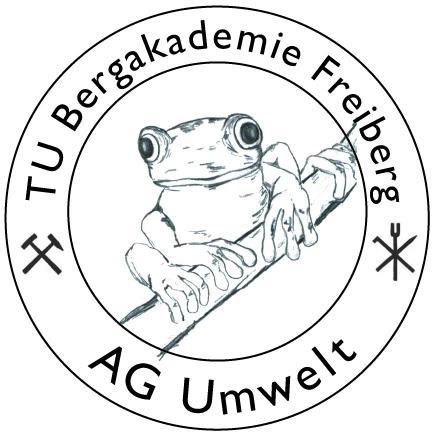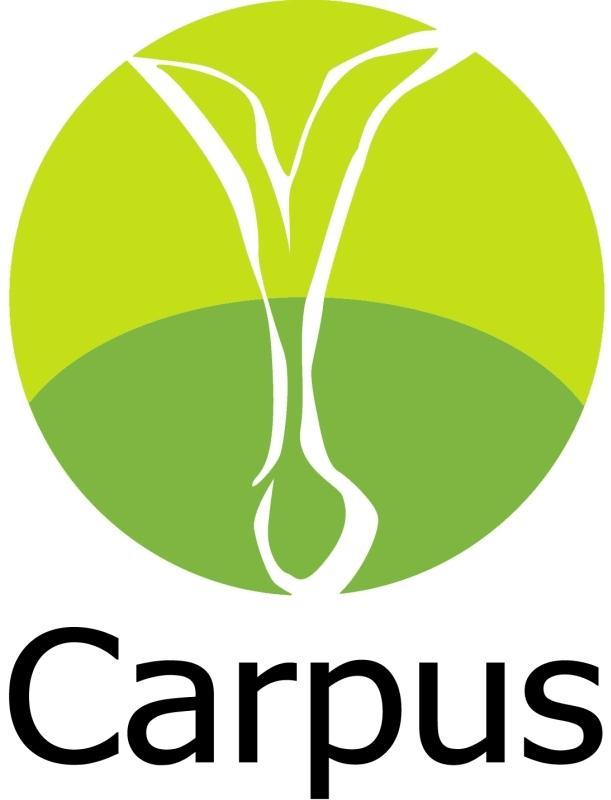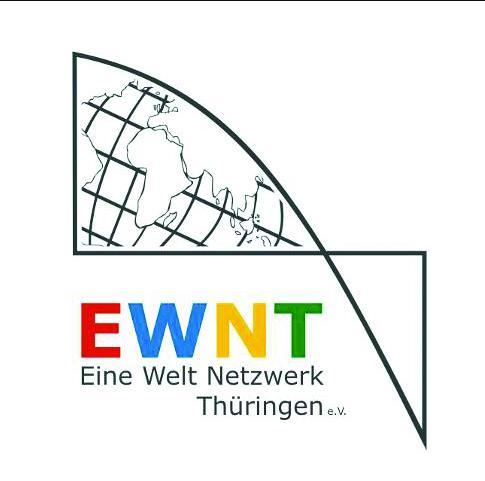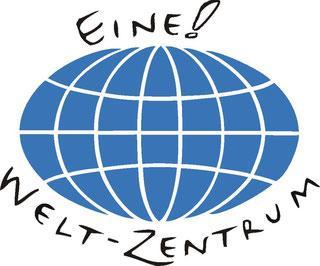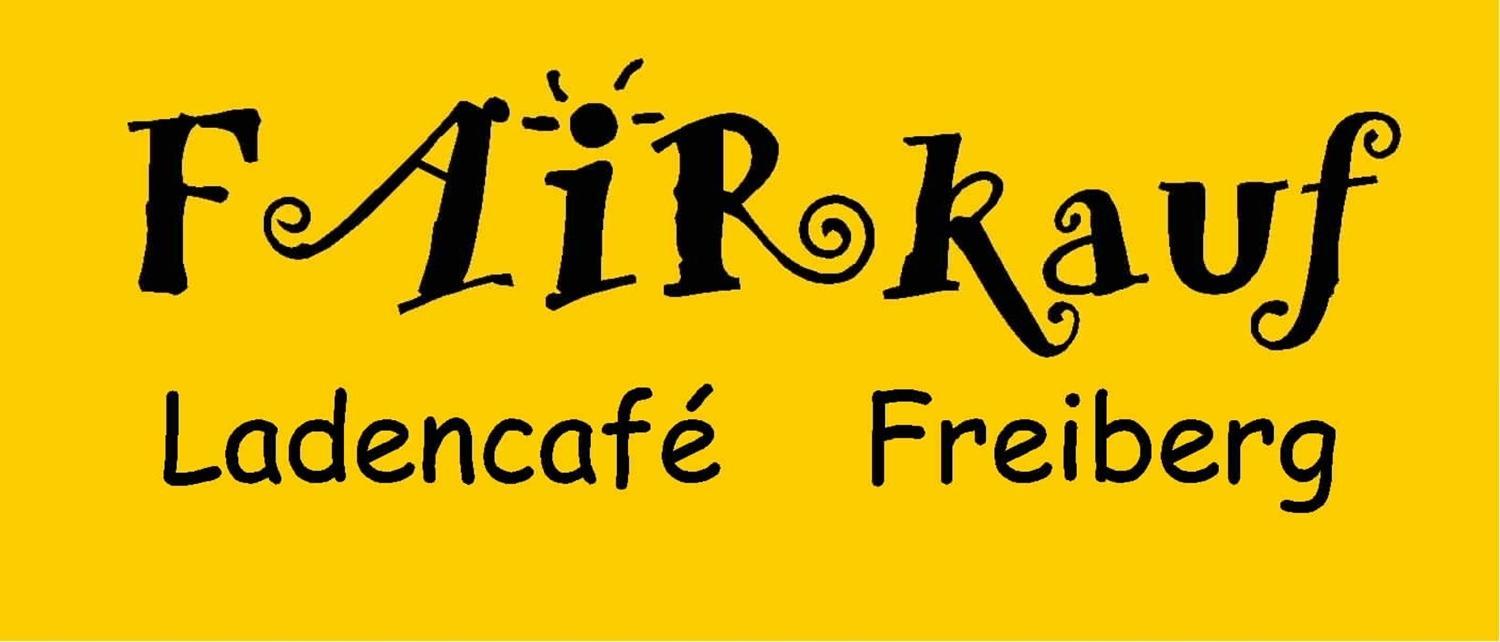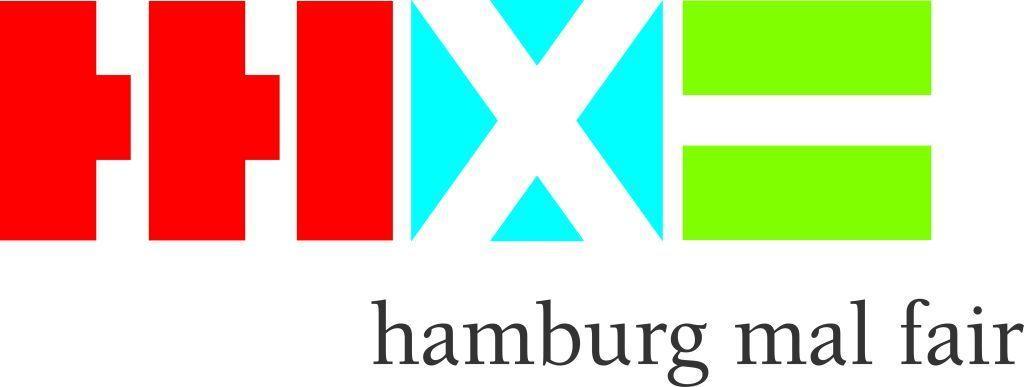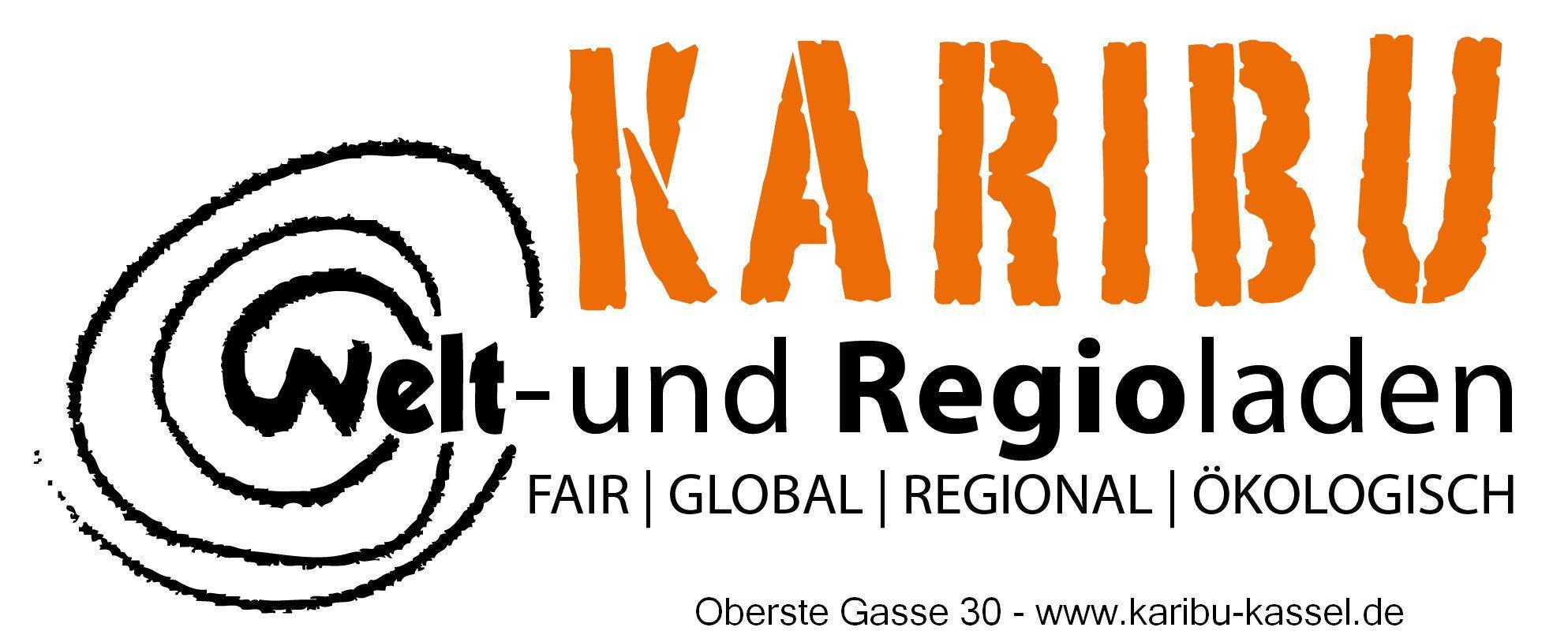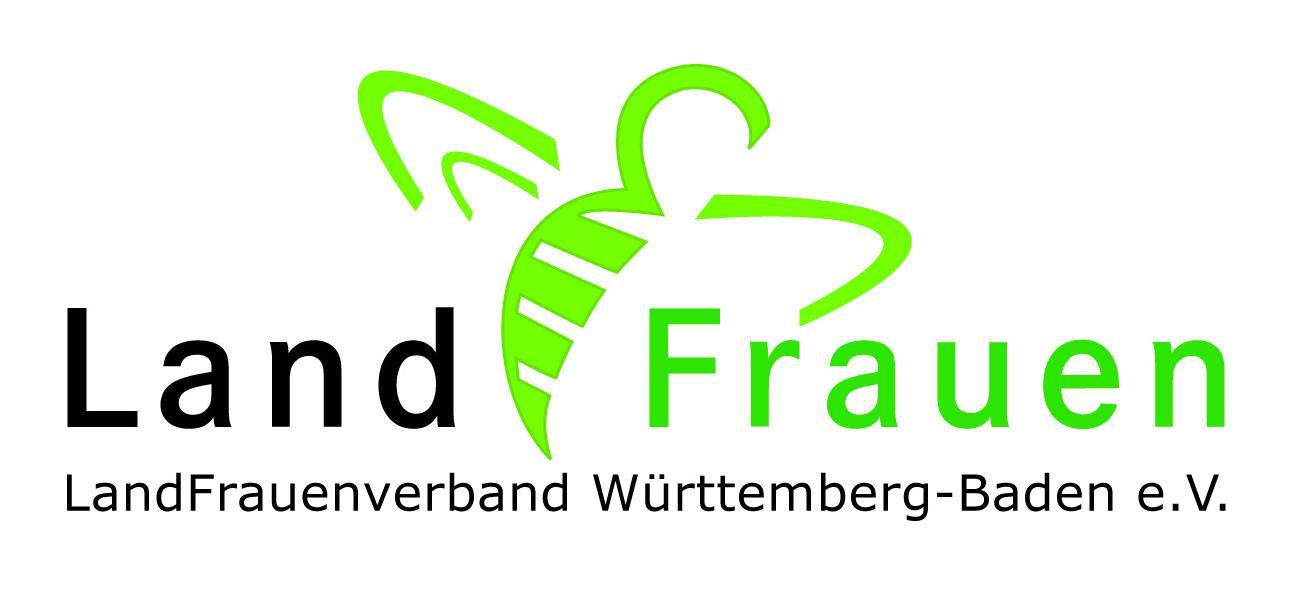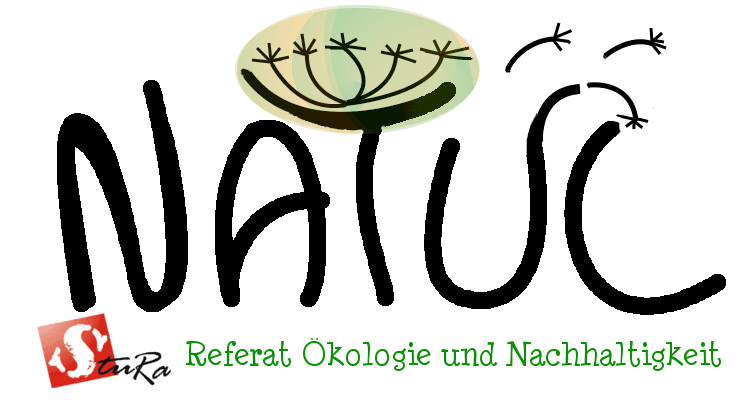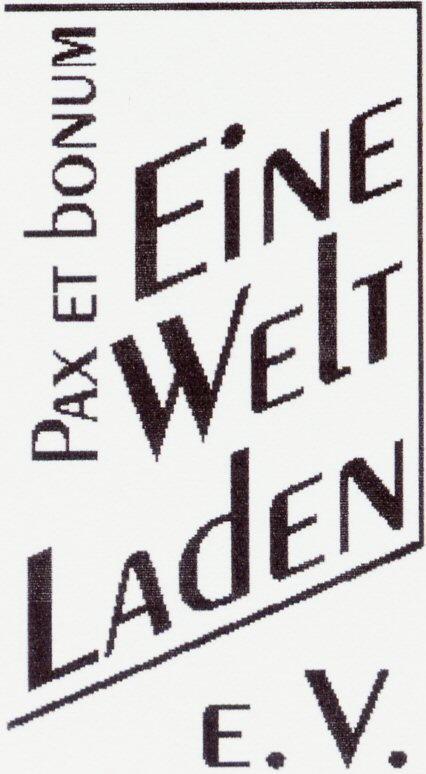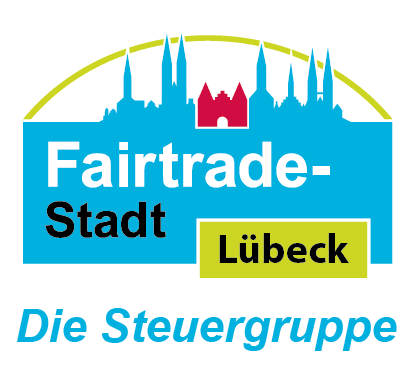Deforestation in cocoa farming
In the last 30 years, Ghana and Côte d'Ivoire have lost more than 65-90 percent of their rainforest, respectively. Cocoa from Côte d'Ivoire today mostly comes from areas that were rainforest just a few years ago.
Between 2000 and 2019 alone, 2.4 million hectares of forest in Côte d'Ivoire were replaced by cocoa plantations. An area the size of half of the Netherlands. A quarter of all cocoa plantations in Côte d'Ivoire are now located in protected areas.

Low cocoa prices contribute to deforestation
In Ghana and Côte d'Ivoire, cocoa farming is a major driver of destruction of the rainforest. Due to low incomes, many cocoa farmers cannot afford to invest in sustainable cocoa farming. The soil is becoming less and less fertile. Old and sick cocoa trees cannot be replaced, so they yield less and less. Low cocoa prices and low yields are therefore forcing cocoa farmers to expand their plantations in order to continue growing cocoa.
The expansion of intensive cocoa cultivation in monoculture leads to a decline in biodiversity. Once destroyed, the rainforest cannot be restored in its original form. Other plant as well as animal species are displaced. The farmers' dependence on cocoa cultivation increases and their vulnerability to volatile cocoa prices is increased.
Climate crisis endangers cocoa cultivation
The climate crisis poses an additional threat to cocoa farming. At the same time, deforestation in cocoa farming itself causes significant carbon emissions and thus drives climate change. The effects of the climate crisis, such as rising temperatures, increasing drought and unpredictable rainfall, are already being felt in cocoa-growing regions and are expected to intensify in the coming years.
"With the loss of our forest cover, our local microclimate has also changed. The humidity has decreased. [...] If we continue like this, cocoa farming in West Africa has no future."
Obed Owusu-Addai, EcoCare Ghana
Climate researchers estimate that by 2050, large areas of cultivated land in Côte d'Ivoire and Ghana could become too dry for cocoa farming. To protect the environment and reduce dependence on cocoa farming, cocoa farmers must be given the necessary resources. In addition, to diversify crops, agroforestry systems should be promoted for sustainable cocoa farming.
Fair cocoa prices and government regulation
On the one hand, government authorities have a duty to consistently implement existing environmental protection laws. On the other hand, major chocolate manufacturers have looked the other way for years and tolerated cocoa from deforested areas in their supply chains.
Chocolate companies must comply with their legal human rights and environmental due diligence obligations. This includes paying cocoa farmers fair cocoa prices so that they can invest in sustainable farming. In addition, chocolate manufacturers must support cocoa farming families in converting to sustainable and diversified cultivation. For example, through training and access to suitable means of production.
Governments in the growing and consuming countries have a duty to monitor compliance with human rights and environmental protection. In the event of violations, they must hold companies accountable and, if necessary, impose sanctions. In this context, laws such as the German Supply Chain Act or the EU regulation on deforestation-free supply chains must ensure that the costs of sustainable cultivation are not passed on to smallholders.
More information:
- Info sheet 1 - Bitter truth about cocoa and chocolate (PDF, German)
- Cocoa Barometer 2022, with a focus on environmental impacts such as deforestation, (PDF, English).
- "Cocoa farming is in danger!" - INKOTA interview with Ghanaian expert Obed Owusu-Addai (German)
- Report "Sweet Nothings. How the Chocolate Industry has Failed to Honoer Promises to End Deforestation for Cocoa in Côte d'Ivoire and Ghana" (PDF, English).

